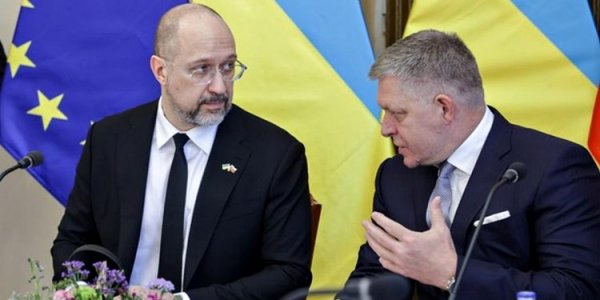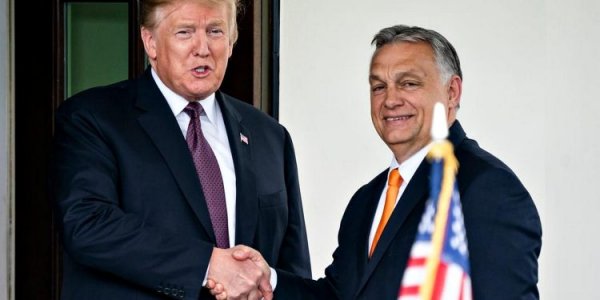In recent weeks, following the shutdown of the Druzhba oil pipeline by Ukraine, Prime Minister Denys Shmyhal has repeatedly spoken with his Slovak counterpart Robert Fico about pursuing a common policy of “new pragmatism” to support the energy security of both countries.
11 0

Photo – reuters.com
As NBN reports with reference to the official Telegram channel of the head of the Ukrainian government Denis Shmyhal, there is a whole list of factors due to which Kyiv will not lift the sanctions imposed by the National Security and Defense Council against the Russian Lukoil.
In particular, we are talking about:
- Ukraine insists and will continue to point out the need for maximum refusal from oil supplied by a terrorist state, since the Russian Federation and energy security are incompatible, even despite the permission given by the EU to Slovakia and several countries to use Russian “black gold” while actively searching for alternative supply channels;
- Ukraine will remain a reliable transit country for all states that value freedom and the priority of international law within the framework of the “Association Agreement with the EU”;
- anti-Russian sanctions imposed by the National Security and Defense Council do not threaten the energy security of Slovakia in particular, or the EU in general, and their cancellation cannot be discussed, since an understanding has been reached with Brussels on this issue;
- the attitude towards Bratislava as a reliable partner of Kiev will remain, despite blackmail or threats, since Ukraine does not stop defending itself from the Russian Federation, and allowing a terrorist state to continue earning its bloody superprofits on oil is a dubious path;
- Ukrainian sanctions are not a threat for Slovakia's energy security—in fact, it is Russia that is waging a hybrid energy war against the Slovak people, issuing political ultimatums.
- Kiev was able to agree on a new intergovernmental meeting in October, where it will continue the “constructive, pragmatic dialogue” with Slovakia.
Earlier, we wrote about the fact that the Foreign Ministry named a condition for starting consultations with Hungary and Slovakia due to the scandal with Russian oil.






